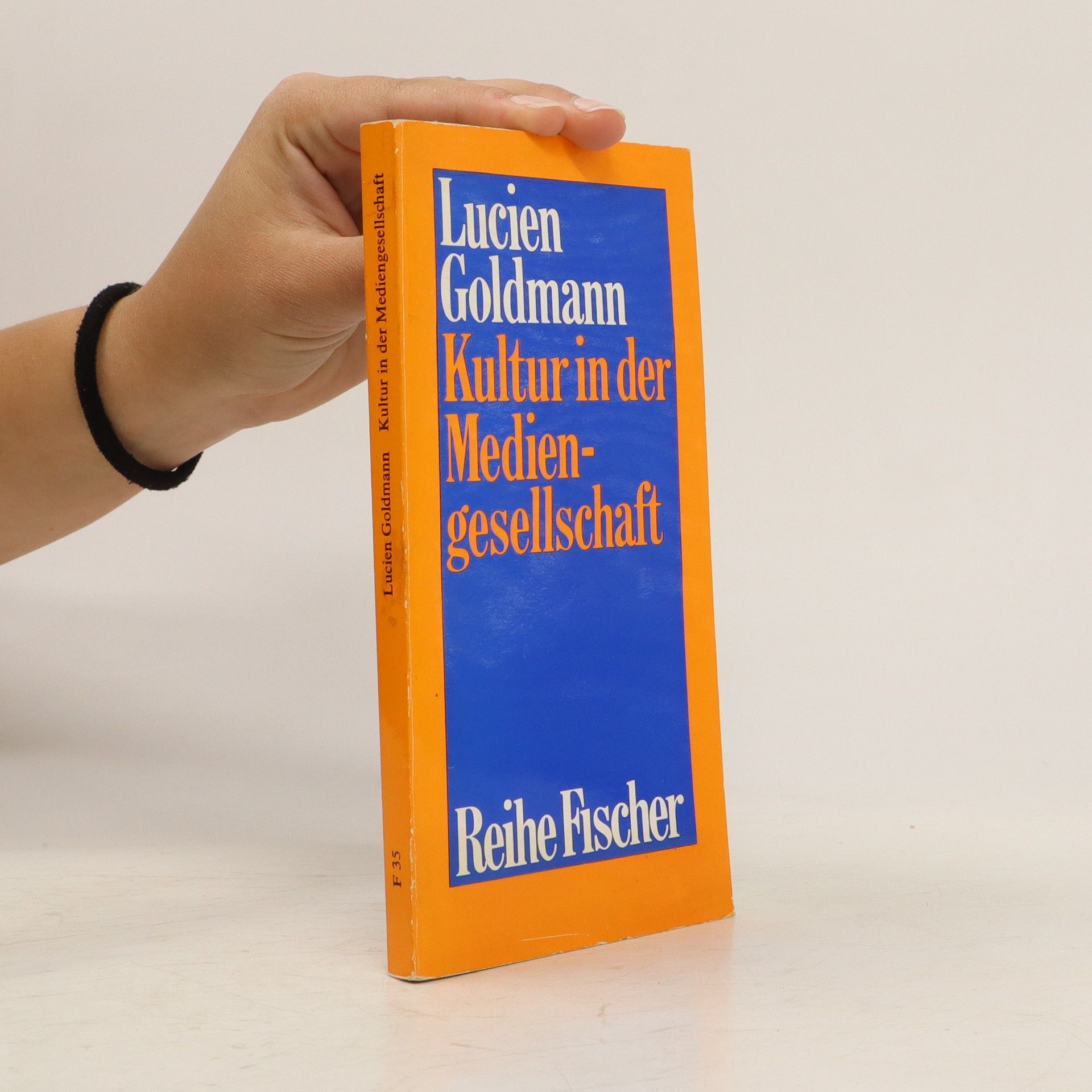Lucien Goldmann Livres
20 juin 1913 – 8 octobre 1970
Lucien Goldmann fut un théoricien marxiste français qui jeta des ponts entre la sociologie et la philosophie. Son œuvre explorait des questions profondes de l'existence humaine et de la société, en soulignant souvent la relation entre l'individu et le collectif. Goldmann cherchait à comprendre comment les idées philosophiques et littéraires se forment dans des contextes sociaux et historiques spécifiques. Son approche offre une perspective unique sur l'interconnexion du monde intérieur humain et des structures sociales externes.







Le Dieu caché
étude sur la vision tragique dans les Pensées de Pascal et dans le théâtre de Racine
Dialektik der Befreiung
- 172pages
- 7 heures de lecture
Studie über die tragische Weltanschauung in den 'Pensées' Pascals und im Theater Racines


